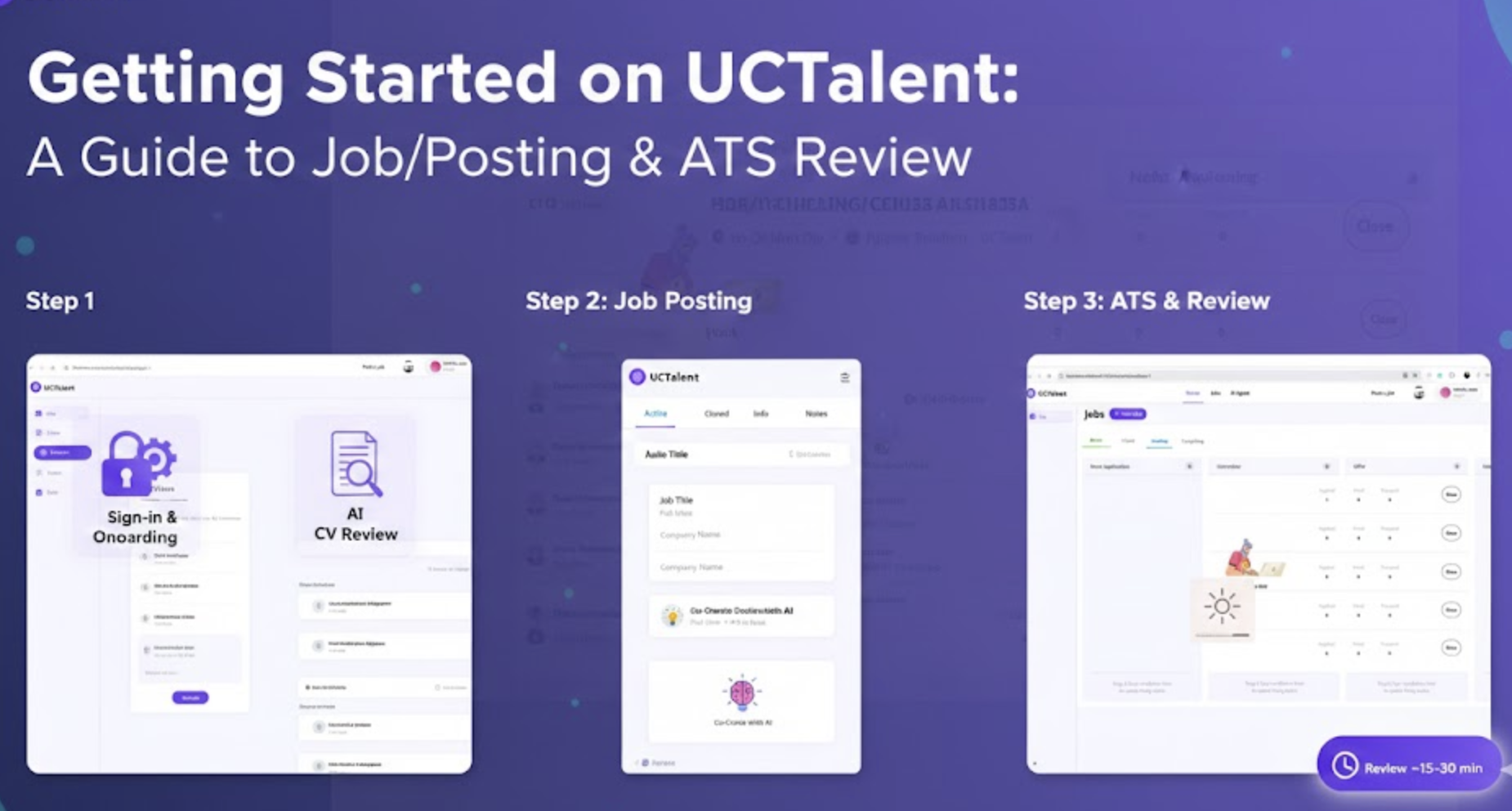Lido Finance: Revolutionizing Staking with Liquidity and Accessibility
Discover how Lido Finance empowers users to earn yields on their staked crypto assets while maintaining liquidity. Unlock the potential of liquid staking with Lido's innovative platform and explore its benefits for both individuals and the DeFi ecosystem.
1. What is liquid staking?
Liquid staking is a way to earn rewards on staked cryptocurrency without having to lock up your tokens. This is done by using derivative tokens, which represent your staked tokens but can be freely traded on decentralized exchanges.
How does liquid staking address the limitations of traditional staking?
Traditional staking requires you to lock up your tokens for a period of time, which can make them illiquid and difficult to use. Liquid staking solves this problem by allowing you to trade your derivative tokens freely, so you can still access your funds while earning rewards.

Liquid staking provides a compelling value proposition for both token holders and the overall Proof-of-Stake (PoS) ecosystem. By boosting the total amount of staked tokens and facilitating their free flow through the ecosystem, liquid staking strengthens the security and efficiency of the PoS network. This accessibility opens doors for a wider range of users to participate in staking, further bolstering the overall health and sustainability of the PoS ecosystem.
Liquid staking empowers token holders to earn passive income on their assets without sacrificing accessibility. Instead of locking them up, staked tokens can be freely traded on decentralized exchanges, unlocking additional DeFi opportunities for increased earning potential and participation in the decentralized finance ecosystem.
2. Introduction to Lido's Business Model
Lido Finance has emerged as a leader in the liquid staking domain, empowering users to earn rewards on their staked crypto assets without sacrificing liquidity. This innovative approach has resonated with the community, with over 30% of the staked ETH currently held within Lido's smart contracts. The company's success is further validated by its impressive fundraising efforts, having secured $167 million from notable investors and venture capital firms. Lido's compelling value proposition and strong financial backing position it well for continued growth and innovation in the burgeoning DeFi landscape.
Lido's business model revolves around two key components:
- Staking Pools: Lido aggregates user funds into staking pools, allowing individuals to participate in staking with minimal technical expertise.
- Lido Staked Ether (stETH): Upon depositing their ETH into Lido, users receive stETH, a derivative token that represents their staked ETH. stETH remains liquid, enabling users to trade or utilize it in DeFi protocols while their ETH continues to generate rewards.

3. Value Proposition of Lido's Business Model
Lido addresses the limitations of traditional staking by offering a solution that is accessible, flexible, and composable.
- Accessibility: Lido breaks down the barriers to staking, eliminating the technical complexities and lowering the minimum staking requirement to 0.1 ETH, making staking accessible to a broader range of participants.
- Flexibility: Lido's stETH token remains liquid, enabling users to continue utilizing their staked ETH within DeFi protocols, generating additional yields and maximizing capital efficiency without compromising liquidity.
- Composability: stETH is widely accepted as collateral within various DeFi protocols, including Aave, Curve, Maker, and Uniswap, fostering composability and innovation across the ecosystem. Users can leverage their staked ETH in various DeFi applications without sacrificing liquidity, unlocking new opportunities within the DeFi landscape.
4. Target Customers
Lido's target customers are individuals, institutions, and DeFi users who want to earn yield on their ETH holdings without sacrificing liquidity.
- Individual token holders seeking to earn yield on their ETH holdings without sacrificing liquidity
- Institutional investors looking for exposure to the ETH staking market without the operational overhead
- DeFi users interested in leveraging their stETH to earn additional yields
5. Revenue Model and Pricing Strategy of Lido
Lido generates revenue by collecting a 10% fee on staking rewards earned by validators on PoS chains. This revenue, denominated in the native token of the PoS chain, is distributed as follows: 5% to the Lido treasury for protocol development and sustainability, and 5% to the validators responsible for generating staking rewards.
6. Core team
Lido's founder, Konstantin Lomoshuk, is a seasoned Ethereum enthusiast who has been involved in the space since its inception. With his extensive experience in staking and liquid staking solutions, he leads a team of highly skilled engineers who are at the forefront of DeFi innovation. Their deep connections within the Ethereum ecosystem and their reputation as pioneers in liquid staking provide Lido with a significant advantage over its competitors
7. Competitive Advantage of Lido
Lido stands out in the liquid staking landscape by offering a balance between decentralization and ease of use. While centralized exchanges like Coinbase and Binance provide a seamless staking experience, they charge significantly higher fees compared to Lido's 10%. On the other hand, Rocket Pool, Lido's largest decentralized competitor, offers a more decentralized approach but at a slightly higher cost (15%) and requires a minimum staking amount of 0.1 ETH. Overall, Lido's combination of competitive fees, ease of use, and decentralization makes it a compelling choice for users seeking to liquidly stake their ETH. As the crypto space evolves, it will be interesting to see how Lido and other liquid staking providers adapt to meet the needs of future crypto users.

8. Learning and Application for Tech Start-ups
To succeed in the dynamic blockchain and Web3 landscape, tech startups should focus on identifying and addressing unique problems or pain points in the market. While Ethereum remains a prominent player, exploring other blockchains can provide distinct advantages and opportunities. Prioritizing user experience, scalability, and security is crucial for developing a successful product. A user-friendly interface, adaptability to increasing demands, and robust security measures are essential elements to consider.
In conclusion, Lido Finance has emerged as a leader in the liquid staking space, offering a user-friendly and efficient way to earn rewards on staked crypto assets. Its flexible and composable solution empowers users to maximize their holdings while contributing to the DeFi ecosystem. With its strong team and competitive edge, Lido is well-positioned for continued growth in the ever-evolving blockchain landscape. To learn more about this topic, follow us on articles.







.png)




